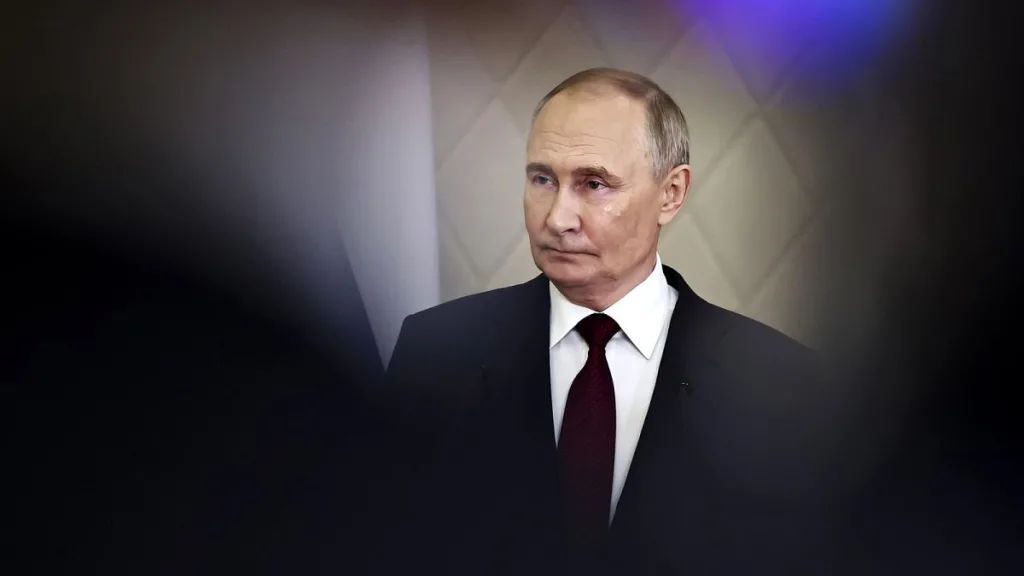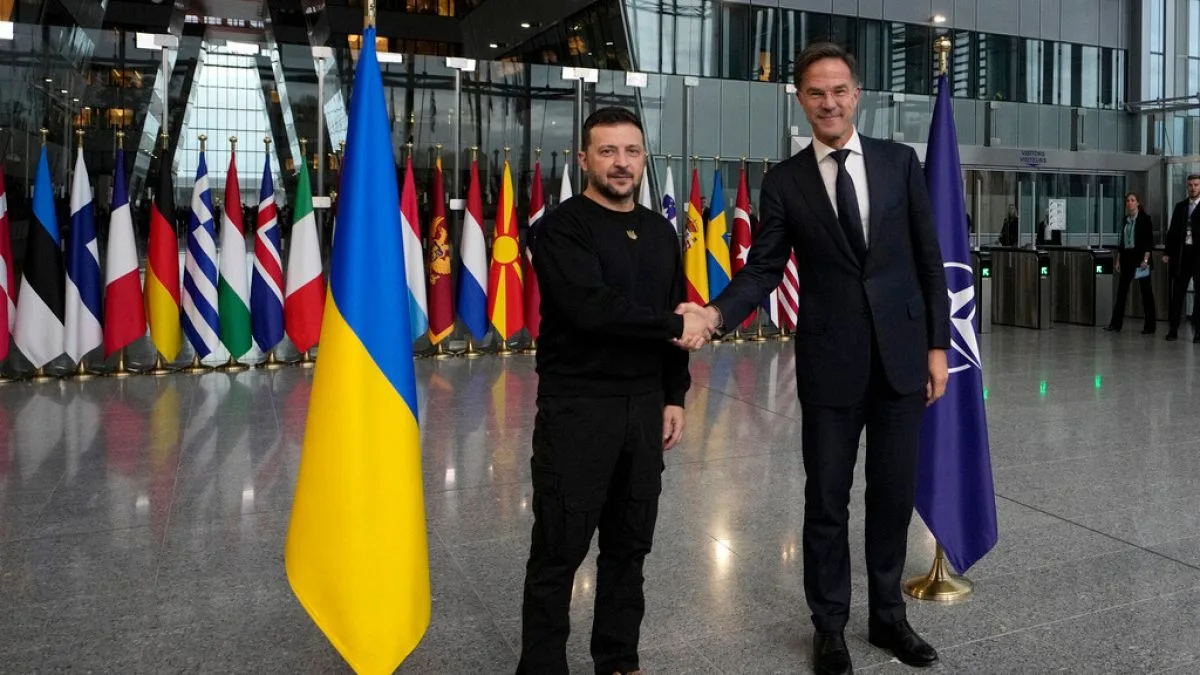Denmark, Estonia, Finland, Latvia, Lithuania, and Sweden are advocating for a reassessment of the price cap on Russian seaborne oil, which was established at $60 per barrel in late 2022. This price point has remained unchanged since its implementation.
The Nordic and Baltic nations have urged the European Commission to prioritize the tightening of the price cap on Russian oil, emphasizing that “sanctions must be continuously strengthened” to undermine the Kremlin’s military aggression against Ukraine.
In a joint letter, the foreign ministers of these six countries stated, “Measures that target oil export revenues are essential, as they diminish Russia’s primary source of income.” This document, dated January 11, was addressed to High Representative Kaja Kallas and European Commissioner for Financial Services Maria Luís Albuquerque.
“We believe now is the time to enhance our sanctions by lowering the G7 oil price cap,” the ministers asserted. The price cap initiative, introduced by the G7 in late 2022, aims to restrict Russian crude oil seaborne trade at $60 per barrel. This mechanism prevents Western entities from offering services—like insurance and financing—for Russian tankers that sell oil at rates exceeding the established price.
In addition to the $60 cap, the G7 also instated two supplementary caps aimed at premium-to-crude products ($100 per barrel) and discount-to-crude products ($45 per barrel). Despite significant fluctuations in Russian trading practices and persistent evidence of sanctions evasion, these caps have remained intact.
To circumvent sanctions, Russia has resorted to operating a “shadow fleet” of outdated tankers characterized by obscure ownership and insurance mechanisms. This fleet has faced allegations of engaging in deceptive practices, such as transmitting false data, disabling transponders to evade detection, and conducting clandestine ship-to-ship transfers to disguise the origins of oil. Concerns have also been raised about the environmental risks posed by such operations.
The Centre for Research on Energy and Clean Air (CREA) reported that only 36% of seaborne crude oil exports from Russia in December were transported via tankers governed by the G7 cap, with the remainder handled by the “shadow fleet.” Currently, the price of Urals oil has consistently surpassed Western restrictions, fluctuating between $64 and $84 per barrel, primarily driven by demand from China and India.
This ongoing market situation has intensified calls for tighter measures. The six nations argue that the current international oil market is “better supplied today than in 2022,” and the threats of a “supply shock,” which originally motivated the cap’s negotiations, have significantly lessened.
Furthermore, they assert that Russia’s reliance on energy exports to sustain its high-demand military economy means it has “no alternative to its ongoing oil exportation, even at considerably lower prices.” Notably, the letter does not designate a specific new price for the cap.
CREA suggests that had the price cap been set at $30 per barrel from the outset, Russia’s oil export revenues could have plummeted by 25%, resulting in an estimated €76 billion loss.
“Lowering the price cap would have a deflationary effect, leading to reduced oil export prices from Russia and prompting increased production to offset revenue drops,” according to CREA, which indicates Russia’s production costs sit around $15 per barrel.
The Nordic and Baltic states also advocate for broader sanctions against the “shadow fleet” and those facilitating its activities. Currently, the EU has sanctioned 79 vessels associated with this fleet.
In response to the letter, a Commission spokesperson indicated that while the document would contribute to ongoing discussions, any revisions would ultimately be decided by the G7. Furthermore, any proposed changes would require unanimous agreement from all 27 member states before the G7 can act.
Photo credit & article inspired by: Euronews



